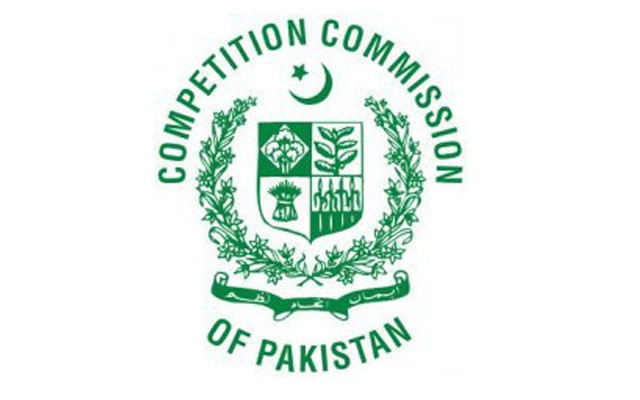ISLAMABAD: The Competition Commission of Pakistan (CCP) has approved a Scheme of Arrangement for the merger of M/s Shamim & Company (Pvt.) Ltd with M/s JK Sugar Mills (Pvt.) Ltd.
JKSM, a private limited company, is engaged in the production and sale of sugar and related products in Pakistan. The company primarily produces refined white sugar and three by-products: molasses, bagasse, and mud. Company is a major part of JK group and is owned and operated under the dynamic leadership of businessman turned politician, Jahangir Khan Tareen.
Since 1967, SCL has been involved in the manufacturing and distribution of PepsiCo products across Pakistan. The company is based in Multan and responsible for the global beverage giant’s bottling and subsequent distribution.
The Phase-I competition assessment by the CCP identified two relevant markets: ‘Sugar and by-products’ and ‘Non-alcoholic beverages’. According to the Scheme of Arrangement, the transaction involves the merger of SCL into JKSM. Post-transaction, SCL will be dissolved, and JKSM will be the surviving entity. The Board of Directors of JKSM will continue to serve as the directors of the merged entity.
The assessment further confirmed that post-transaction, SCL’s market share in ‘Non-alcoholic beverages’ will remain unchanged, posing no threat of dominance by JKSM.
The proposed transaction is expected to result in cost savings for JKSM through streamlined procedures and reduced overhead and working expenses. Increased efficiency under unified control is anticipated to improve operations, benefiting shareholders, employees, customers, and other stakeholders.




